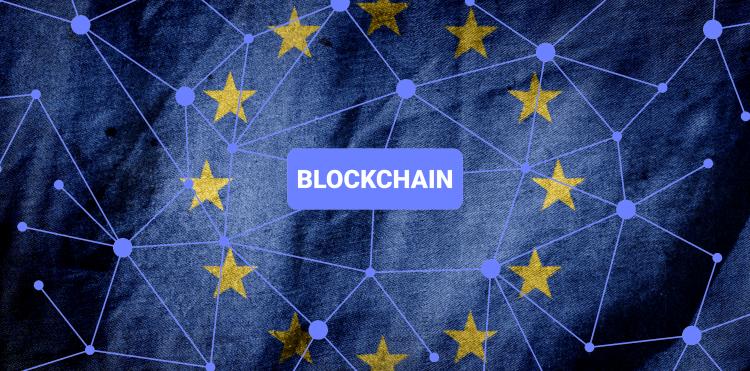
-
The EU has the ambition to become the leading force in a new generation of
“hyperscalers”, they plan to achieve this by investing heavily in FinTech with
major investments in blockchain. Advantage of distributed technologies are that
they can function well in trustless networks and can support economic activities
and public services at large. We expect that technologies based on blockchain
will be the main driver of growth in the EU and global economy in years to come.
Their potential to change Financial landscape and challenge banks to change their business models. In this way it will significantly enhance the way that citizens, governments and businesses interact, by increasing the level of trust between entities.
During 2020 EBSI a first operational version will be up and running, it will support a few prototype applications which will be tested by EU Member States, of course number of applications supported by EBSI are growing, as there are a lot of use cases identified by the European Commission and the Member States.
Let’s revise that almost two years ago the European Commission with the Member States, created the European Blockchain Partnership (EBP). They want to make policy and calculate distributed ledger technologies and develop a trusted, secure and resilient European Blockchain Services Infrastructure (EBSI).
Idea that the EU is pushing here is to make EU-wide cross-border public services leveraging blockchain technology, the goal is to use decentralised nature of blockchain and remove the need for intermediaries, while having the immutability of the ledger. This network should promote trust and security.
EBSI is fully operational Connecting Europe Facility (CEF) Building Block, providing reusable software, specifications and services to support adoption by EU institutions and European public administrations. As a CEF Building Block, the European Commission will provide a range of services supporting the reuse of the European Blockchain Services Infrastructure directly.
“The CEF Building Blocks offer basic capabilities that can be reused in any European project to facilitate the delivery of digital public services across borders and sectors. Currently, there are nine building blocks: Big Data Test Infrastructure, Context Broker, Archiving, eDelivery, eID, eInvoicing, eSignature, eTranslation and EBSI.”

CLICK HERE TO VISIT THE EBSI PROJECT AND LEARN MORE...
Stay tuned!
Aleksandar JELIC